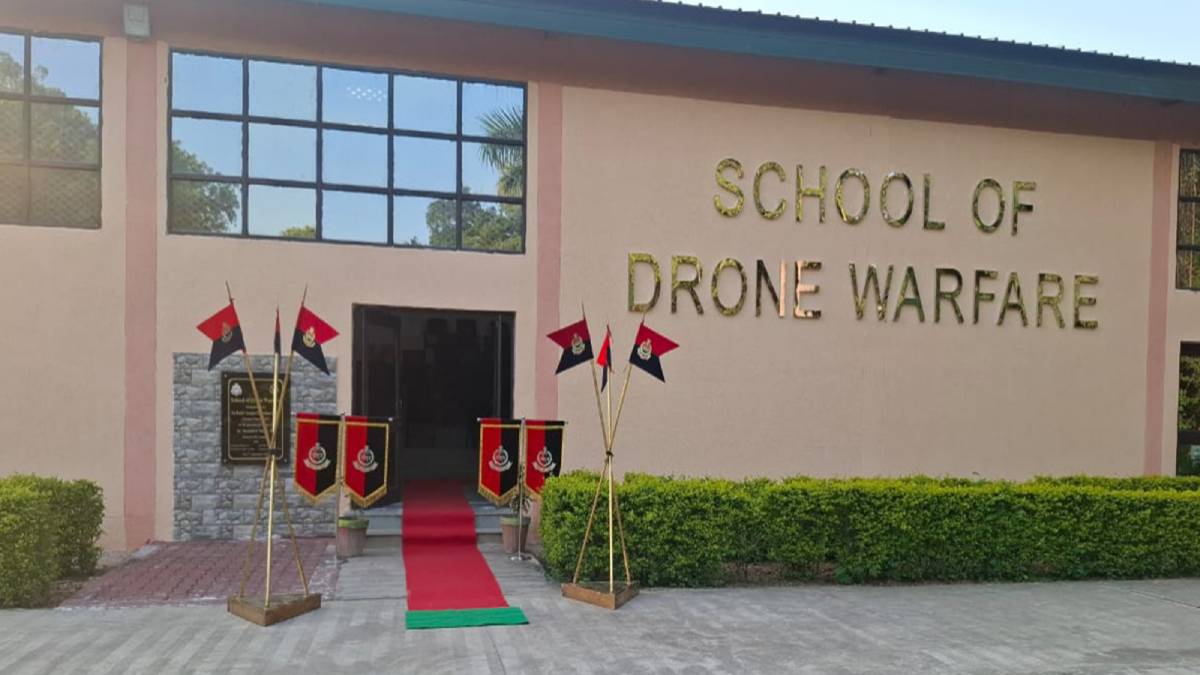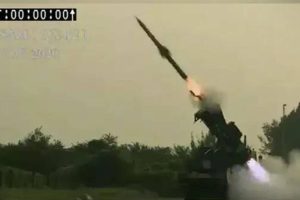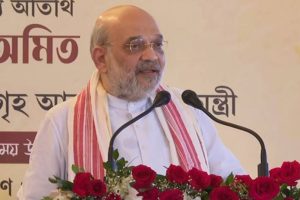In a major step toward strengthening India’s border security, the Border Security Force (BSF) has set up the country’s first School of Drone Warfare at its academy in Tekanpur, Madhya Pradesh. The move comes in response to evolving challenges, particularly the surge in drone-enabled smuggling and security threats witnessed after Operation Sindoor.
Established last month, the institution has already trained its first batch of 40 officers through a “drone orientation” course. A second batch of 47 personnel is currently undergoing an intensive six-week Drone Commando Course, designed for subordinate officers, assistant sub-inspectors, and constables.
The school is divided into three specialised wings — Flying & Piloting, Tactics, and Research & Development (R&D) — with the tactics division as its primary focus. Trainees are being taught drone piloting, rapid assembly, repair, weaponisation, and counter-drone operations.
BSF Additional Director General and Academy Director Shamsher Singh said the curriculum was designed after analysing five years of border incidents, including forensic studies of technologies used by smugglers and hostile actors.
“Our aim is to ensure BSF personnel can assemble or neutralise a drone as quickly as they strip a rifle. The school prepares our forces for both offensive and defensive operations,” he said.
The flagship Drone Commando and Drone Warrior courses focus on both operational use and counter-drone measures. Modules cover jamming, spoofing, and neutralising rogue drones, with plans to integrate drone patrolling into broader border management.
BSF Inspector General Umed Singh emphasised the urgency of the initiative:
“After Operation Sindoor, we observed heavy drone usage across the western border. Counter-drone capability is complex, requiring detectors, jammers, spoofers, and both soft- and hard-kill solutions. Training our units in these technologies is now a top priority.”
The training programme also includes case studies from recent global conflicts, particularly the Russia-Ukraine war, where drones have redefined modern combat. Practical exercises such as ‘Drone Vajra’ simulate real border conditions in Jammu and Punjab, helping trainees adapt to environmental and operational challenges.
Brigadier Rupinder Singh, an instructor at the academy, noted that even traditional defences like trenches no longer guarantee protection against aerial threats.
“Drones have changed the nature of warfare, and our tactics must evolve with them,” he said, adding that the BSF has procured jammers, radar trainers, and other systems worth nearly ₹20 crore to support training.
By establishing this school, the BSF aims to indigenise drone warfare capabilities, ensuring that India’s frontline forces are equipped to meet hybrid and asymmetric threats in the years ahead.





